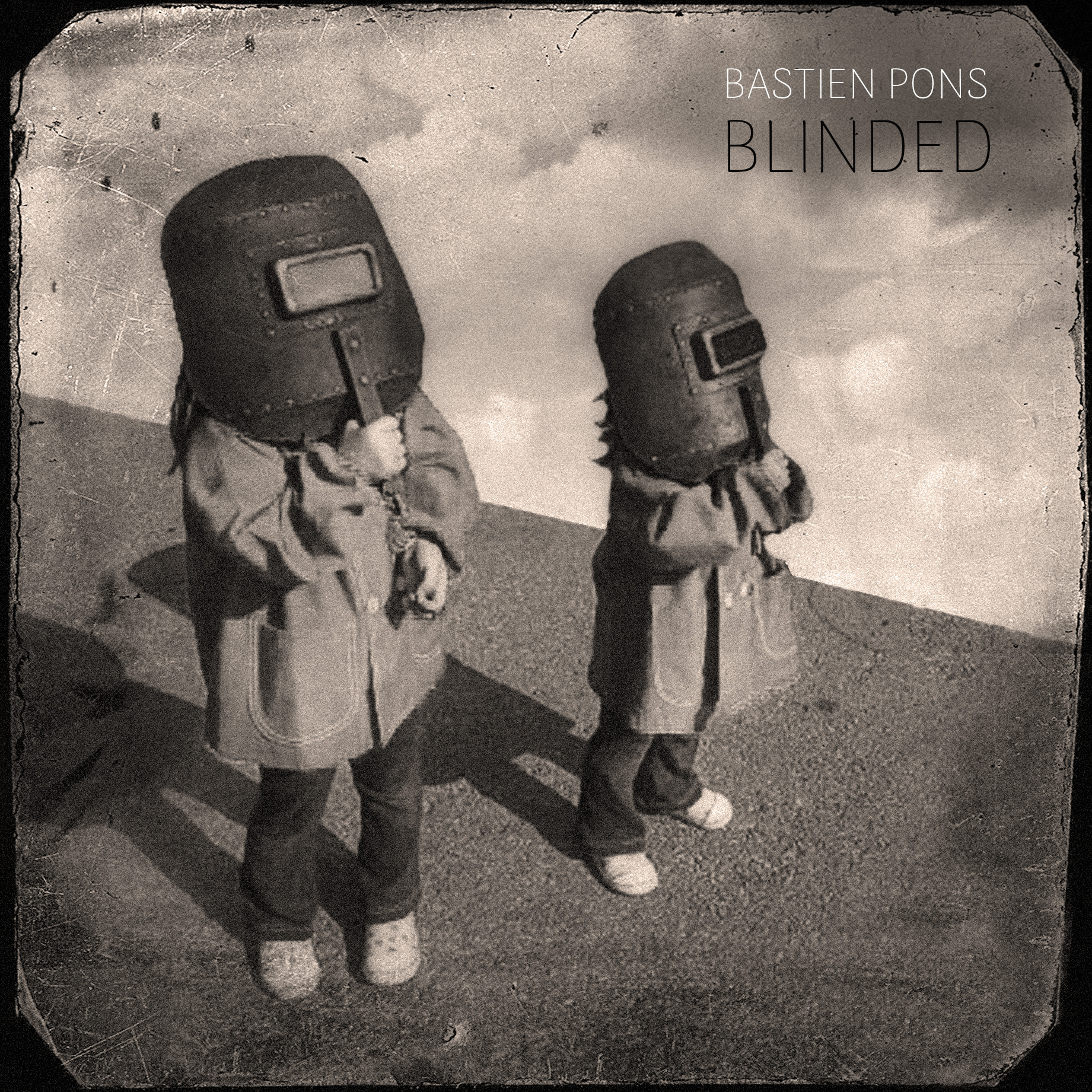There is no clear path in Bastien Pons’ Blinded. From the start, the track resists form, instead building its presence through eerie sonic gestures. It feels like entering a darkened corridor with flickering lights, each sound acting as a clue or warning. There are no voices, no melody—only pressure and atmosphere.
Sounds unfold slowly, revealing textures that crackle, dissolve, and fade. The layering is sparse but intricate, with deep mechanical tones rumbling underneath high-frequency fragments. These contrast with moments of quiet that feel almost too still, intensifying the track’s sense of isolation. It is not random. Every element enters the mix with care, offering just enough disturbance to unsettle.
What stands out is the control Bastien Pons maintains across such abstract material. The balance between distortion and silence is precise. When noise surges, it never overwhelms. When stillness returns, it never feels empty. These shifts act as emotional cues, pulling the listener into a liminal headspace where time feels suspended.
Rather than deliver a clear narrative, Blinded suggests one. It invites listeners to explore their response to its sound design. There is something cinematic about its pacing, something deeply psychological in its tension. It does not force meaning, but it creates space for it.
In the end, the track functions more like a landscape than a song. It leaves behind not a message, but a mood. Bastien Pons offers a stark and moving sound experience, shaped with care and steeped in quiet intensity.
